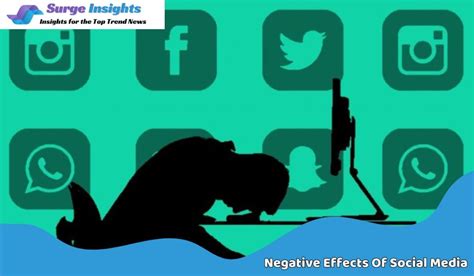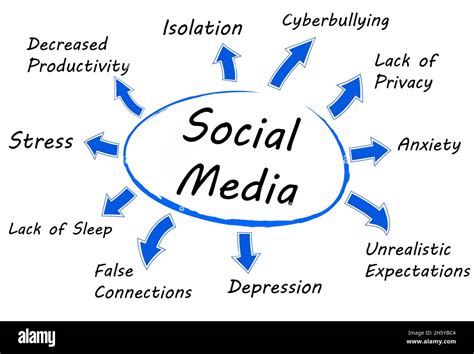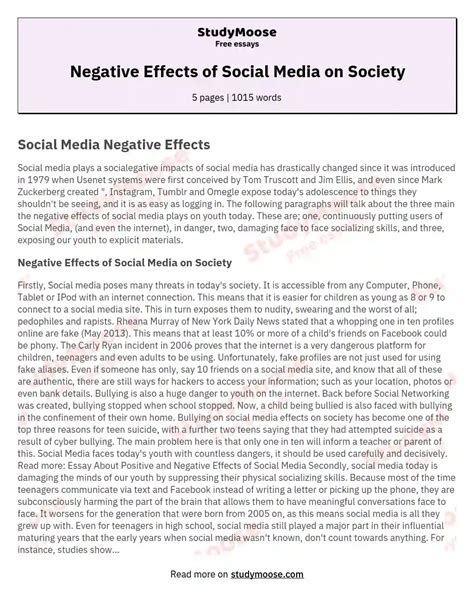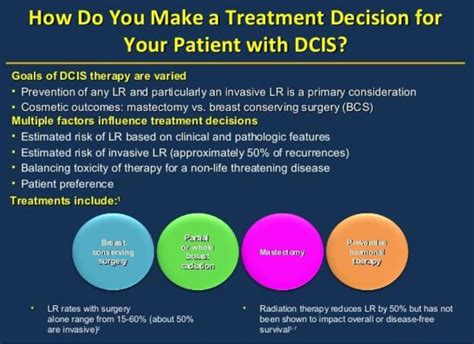Negative Impact Of Social Media On Society

The pervasive influence of social media in modern society has sparked extensive debates regarding its impact on various aspects of our lives. While it has undoubtedly revolutionized communication and information sharing, an increasing body of research highlights the negative consequences that social media platforms can have on individuals and society as a whole. From mental health concerns to the erosion of privacy and the spread of misinformation, the negative impact of social media is a multifaceted issue that warrants careful examination.
Mental Health and Well-being

One of the most prominent and widely discussed negative effects of social media is its impact on mental health. Studies have linked excessive social media use to increased levels of anxiety, depression, and loneliness. The constant comparison to curated online personas, the fear of missing out (FOMO), and the pressure to maintain a certain online image can take a toll on one’s self-esteem and overall well-being.
For instance, a longitudinal study conducted by Journal of Youth and Adolescence found that adolescents who spent more time on social media platforms reported higher levels of depressive symptoms. The study suggested that the constant exposure to carefully curated and often unrealistic representations of others' lives contributed to feelings of inadequacy and unhappiness.
Additionally, the relentless nature of social media notifications and the fear of being left out of online conversations can disrupt sleep patterns and lead to increased stress levels. This is particularly concerning for younger individuals, who may struggle to establish healthy boundaries between their online and offline lives.
Cyberbullying and Online Harassment
Social media platforms have become fertile grounds for cyberbullying and online harassment. The anonymity and distance provided by the internet can embolden individuals to engage in behaviors that they might not exhibit in real-life interactions. Victims of cyberbullying often experience significant psychological distress, with potential long-term consequences on their mental health and social development.
A report by the National Center for Education Statistics revealed that nearly 15% of students in the United States aged 12-18 experienced cyberbullying in 2019. The report highlighted the devastating impact of such incidents, which can lead to feelings of isolation, anxiety, and even suicidal ideation.
Body Image and Self-Perception
The prevalence of highly edited and filtered content on social media platforms has contributed to a distorted perception of beauty and body image. Constant exposure to unrealistic beauty standards can lead to body dissatisfaction and eating disorders, particularly among young girls and women.
Research published in the Journal of Eating Disorders found a significant association between social media use and body image concerns, with individuals who spent more time on social media platforms reporting higher levels of body dissatisfaction and a greater tendency to compare their bodies to those of others.
Privacy and Security Concerns

Social media platforms collect vast amounts of personal data, often without users fully understanding the extent of information being gathered. This data can include browsing habits, location information, and even personal messages. The misuse or unauthorized access to such data can have serious implications for individual privacy and security.
A prominent example of data misuse occurred in the Cambridge Analytica scandal, where the personal data of millions of Facebook users was harvested without their consent and used for targeted political advertising. This incident highlighted the potential for social media platforms to manipulate public opinion and influence political outcomes.
Surveillance and Targeted Advertising
Social media platforms employ sophisticated algorithms to track users’ online behavior and serve them targeted advertisements. While this can result in a more personalized online experience, it also raises concerns about surveillance capitalism and the erosion of privacy.
Users may find themselves constantly monitored and their data being used to predict their preferences, behaviors, and even their future actions. This level of surveillance can have a chilling effect on free speech and expression, as individuals may self-censor their online activities to avoid targeted advertising or unwanted attention.
Identity Theft and Online Scams
The sharing of personal information on social media platforms can make individuals vulnerable to identity theft and online scams. Fraudsters can use publicly available information to create convincing phishing attacks or impersonate individuals for malicious purposes.
According to the Identity Theft Resource Center, there was a 33% increase in data breaches in 2020 compared to the previous year, with social media platforms being a significant source of compromised personal information. The consequences of identity theft can be severe, ranging from financial loss to damage to one's reputation.
Misinformation and the Spread of Fake News
Social media has become a potent tool for the rapid dissemination of misinformation and fake news. The viral nature of these platforms allows false information to spread quickly, often reaching a wider audience than fact-based content.
During critical events such as elections or public health crises, the spread of misinformation can have dire consequences. For instance, during the COVID-19 pandemic, social media platforms became battlegrounds for the spread of misinformation about the virus, its origins, and potential treatments, often leading to dangerous behaviors and mistrust in scientific expertise.
Polarization and Echo Chambers
The algorithmic nature of social media platforms often leads to the creation of echo chambers, where users are exposed primarily to content that aligns with their existing beliefs and viewpoints. This can reinforce existing biases and contribute to political and social polarization.
Research published in the Proceedings of the National Academy of Sciences found that social media platforms can amplify political polarization by creating filter bubbles that expose individuals primarily to content that aligns with their ideological leanings.
Influencer Culture and Sponsored Content
The rise of influencer culture on social media platforms has led to concerns about the credibility and authenticity of content. Influencers, who are often paid to promote products or services, may not always disclose their sponsorships, leading to a lack of transparency and potential consumer deception.
The Federal Trade Commission (FTC) has issued guidelines for influencers and brands to ensure transparency in sponsored content. However, enforcing these guidelines and holding influencers accountable for their actions remains a challenge.
Addiction and Time Management
The addictive nature of social media platforms can lead to poor time management and decreased productivity. The constant stream of notifications and the fear of missing out can cause individuals to spend excessive amounts of time online, often at the expense of their offline responsibilities and social lives.
A study published in the Journal of Behavioral Addictions found that excessive social media use was associated with decreased academic performance among college students. The study suggested that the addictive nature of social media platforms can interfere with students' ability to focus and manage their time effectively.
Digital Detox and Mindful Usage
In response to the negative impact of social media, many individuals and organizations have advocated for digital detox and mindful usage of these platforms. This involves setting boundaries, limiting screen time, and engaging in activities that promote offline connections and well-being.
Initiatives such as the Digital Detox Movement encourage individuals to take breaks from social media and technology to reconnect with themselves and their surroundings. By practicing mindful usage, individuals can regain control over their online habits and improve their overall well-being.
Conclusion: Navigating the Complex Landscape

The negative impact of social media on society is a multifaceted issue that requires a nuanced understanding. While social media platforms have revolutionized communication and information sharing, they have also introduced new challenges and potential pitfalls. From mental health concerns to privacy and security issues, the negative consequences of social media are real and warrant serious consideration.
However, it is important to recognize that social media is not inherently evil. When used responsibly and with awareness, these platforms can serve as powerful tools for connection, learning, and expression. The key lies in striking a balance between online and offline lives and developing digital literacy skills to navigate the complex landscape of social media.
As individuals, we have the power to shape our online experiences. By being mindful of our social media usage, seeking out diverse perspectives, and supporting platforms that prioritize user well-being and privacy, we can mitigate the negative impact of social media and harness its potential for positive change.
How can individuals protect their privacy on social media platforms?
+Individuals can protect their privacy on social media by regularly reviewing and updating their privacy settings, being cautious about the personal information they share online, and considering the use of privacy-focused platforms or browser extensions.
What steps can be taken to combat cyberbullying and online harassment?
+To combat cyberbullying and online harassment, individuals can report such incidents to the relevant platform, block and ignore the perpetrators, and seek support from trusted friends, family, or mental health professionals. Additionally, schools and communities can implement educational programs to promote digital citizenship and foster a culture of respect and empathy online.
How can social media platforms address the spread of misinformation?
+Social media platforms can address the spread of misinformation by investing in fact-checking initiatives, implementing algorithms that prioritize reliable sources, and providing users with tools to report and flag misleading content. Additionally, platforms can collaborate with experts and researchers to develop effective strategies for combating misinformation.



